
Classical Music
At the thirty second mark of the music video for “Berghain,” Catalan singer ROSALÍA throws open the window curtains to reveal the London Symphony Orchestra’s string section in her room. Read on to find out more about pop culture’s fascination with classical music.
As geopolitical tensions once again draw global attention to Greenland, its cultural history offers a revealing counterpoint. For over four millennia, Greenlandic Inuit communities have used drum song and dance not only for ritual and social life, but also as a structured, non-violent way to resolve disputes. In a drum duel, restraint—not aggression—determined the outcome, leaving judgment to the community rather than to force.
From Venezuela’s El Sistema to the podiums of the world’s leading orchestras, Gustavo Dudamel’s career has unfolded alongside profound political change. As he prepares to take on the leadership of the New York Philharmonic, questions about art, power, and responsibility follow close behind. This article traces Dudamel’s rise while examining the uneasy space where music, state influence, and public expectation meet.
When orchestral projects took over music school, pianists were left with unexpected free time—and an unusual solution. Enter the Piano Department Film Night: documentaries, lectures, and YouTube deep dives watched on an ancient projector. From Cziffra to Glenn Gould to Juilliard practice rooms, this is a pianist’s guide to what’s worth watching.
Beethoven’s symphonies are often described as profound, moving, and universal—but history complicates that reverence. From Nazi Germany to Stalinist Russia to modern political institutions, his music has repeatedly been co-opted to serve conflicting ideologies. This article asks whether the feeling of being “moved” is as innocent as it seems, or whether its very emptiness makes it dangerously adaptable.
The myth insists that Stravinsky’s score ignited a riot in 1913—but the truth is far more layered. TWoA revisits the premiere of The Rite of Spring, tracing how Nijinsky’s “anti-ballet” choreography, shaky orchestral execution, and a restless Parisian audience collided to create one of modernism’s great origin stories. A deeper look at the night that changed music history, just not in the way we’re told.
In 1967, Ravi Shankar and Yehudi Menuhin created West Meets East, a groundbreaking collaboration that brought Indian classical music into Western mainstream consciousness. But beneath its Grammy-winning success lie deeper questions of influence, appropriation, and cultural power. TWoA explores the friendship between the two virtuosos, the shifting Western fascination with Indian music, and what true cross-cultural learning demands.
Violin virtuoso Niccolò Paganini was both revered and reviled for his devilishly challenging compositions. But behind the myth of the demonic genius lay a man grappling with addiction and personal demons—read on to explore his complex life.
Danae Venson’s music begins where language fails—shaped by jazz, gospel, classical tradition, and the vivid colours of her synesthesia. In this conversation with TWoA, the Juilliard-trained composer reflects on her artistic beginnings, composing through trauma, and discovering a musical vocabulary entirely her own. Read on to discover how she’s shaping the music she always longed to hear.
History doesn’t always retire its characters. Sometimes it just changes their stage. This piece follows a 300-year-old outlaw as he slips from London’s theatres to Berlin’s cabarets, Broadway’s brass, late-night advertising, and finally the strange churn of internet culture. Read this article to see how Macheath survived each era—and why his grin keeps returning.
Minimalist music sounds simple until you learn how to listen to it. In this article, TWoA looks at why composers like Steve Reich turned repetition into motion, texture, and quiet transformation—and how one piece, Music for 18 Musicians, can change the way you hear your own everyday routines.
The idea that the universe is built on harmony isn’t just poetic—it’s ancient philosophy, from Boethius to Kepler. In this article, TWoA traces how “the music of the spheres” shaped astronomy, theology, and the way we still imagine order in the cosmos. Read on to discover why the universe, in theory, has always been singing.
TwoSet Violin’s livestreamed Tchaikovsky and Sibelius concertos look nothing like a traditional recital—but their chaotic, global, hyper-interactive audience comes surprisingly close to how people once listened to classical music. Discover how YouTube, live chat, and 50,000 viewers revive a forgotten history of noisy, communal, joy-driven performance.
The saxophone isn’t just jazz and pop culture. In this guide, TWoA traces the instrument’s overlooked classical history—from concerti and quartets to the pioneering players shaping the repertoire today.
What really shapes an opera—is it simply the music, or also the eye that decides how a performance should be seen? Stage director Gilles Rico sits down with TWoA to explain how ideas, images, and instincts give a production its spine. Read on.
What kind of person makes a good spy? Four hundred and fifty years ago, Europe’s spymasters had an unexpected answer: musicians. In this TWoA feature, uncover how composers and court performers slipped across borders, carried coded messages, and became unlikely agents in a world of secrecy.
Rachmaninoff, stern onstage and sweet-toothed in private, adored one thing above all: a cherry malted milk float. For World Ice-Cream Day, TWoA dives into the dessert that softened a musical giant—and why this fizzy American treat meant more to him than anyone knew.
Is the symphony orchestra a doomed relic, or simply overdue for reinvention? As UK institutions confront funding cuts and shrinking audiences, ensembles like Aurora Orchestra and Manchester Collective are rewriting the rules of performance. With young listeners engaging with classical music in record numbers, the future may lie not in preserving tradition but in reshaping it.
Before espionage had satellites and surveillance, it had something subtler: music. Step into the seventeenth century, where court musicians slipped secrets into their scores and John Wilkins sketched a cipher that transformed music into a covert script. Read on to find out their secrets.
“If I can’t drink my bowl of coffee three times daily…” Bach’s Coffee Cantata begins as a lighthearted story about a girl and her devotion to caffeine—but beneath it runs a quiet feminist rebellion taking shape in 1730s Leipzig.
Lea Brückner is a violinist, moderator and climate ambassador who has carved out a unique career for herself, combining her passion for music with her commitment to sustainability. TWoA talked to Lea about the role culture can play in the battle against climate change, and about the specific steps cultural organisations can take towards becoming more sustainable.
What if a piece of music could unlock the secrets of the universe? Step inside the strange, exhilarating world of Michael Maier’s Atalanta Fugiens, where alchemy, mathematics, and melody fuse into a single “mathemagical” code. In this TWoA deep dive, discover how Early Modern magicians used music as a tool for cosmic knowledge—and why their mystical sounds still intrigue scholars today.
When spring arrives, most composers paint blossoms and sunshine—Stravinsky delivered terror. This TWoA deep-dive unravels why The Rite of Spring still sends audiences into a primal panic: pagan sacrifice, Nijinsky’s convulsive choreography, revolutionary harmonies, and a riot that changed music forever. A visceral journey into the masterpiece that blurs rebirth, brutality, and the uncanny pulse of nature itself.
Discover the world of Cathy Berberian, the trailblazing mezzo who shattered classical singing rules and reinvented what the human voice could be. From the raw cries of Sicilian fisherwomen to the airy purity of American folk hymns, Berberian’s “New Vocality” style reshaped 20th-century music and inspired icons from Luciano Berio to Laurie Anderson. A whirlwind tour of the singer who made the voice a limitless instrument—and changed music history in the process.
Some pieces of twentieth century classical music sound as if they've come from another planet. György Ligeti's Atmosphères is one of those pieces. And if you think that avant-garde classical music and Hollywood don’t go together, think again: director Stanley Kubrick was so intrigued by Ligeti’s music that he used it in his 1968 film 2001: A Space Odyssey.
Two legendary musicians—jazz guitarist Django Reinhardt and pianist Paul Wittgenstein—rewrote musical history by reinventing technique after limb loss, proving that artistry and innovation can flourish through radical adaptation. Read on for more.
Rhyuhn Green is an 18-year-old composer and pianist on a mission to turn classical music into a true cultural melting pot. In this conversation, the Juilliard Kovner Fellow shares his journey from rock stages to Carnegie Hall, the ideas behind his debut album ph3onix3s, and his hopes for the future of the classical arts.
While other composers wrote with quill and ink, Schumann composed with pure imagination, letting his wandering stories and daydreams spill onto the page. In this essay, discover how that magic shaped Kinderszenen and turned a simple set of piano miniatures into a world of dreams, memories, and quiet wonder.
Once an illegal trade, busking on the London Underground is now a celebrated art form—and 67-year-old penny-whistle player Jonathan has witnessed the whole transformation. Read how public attitudes, the permit scheme, and the magic of fleeting underground encounters have reshaped a busker’s life.
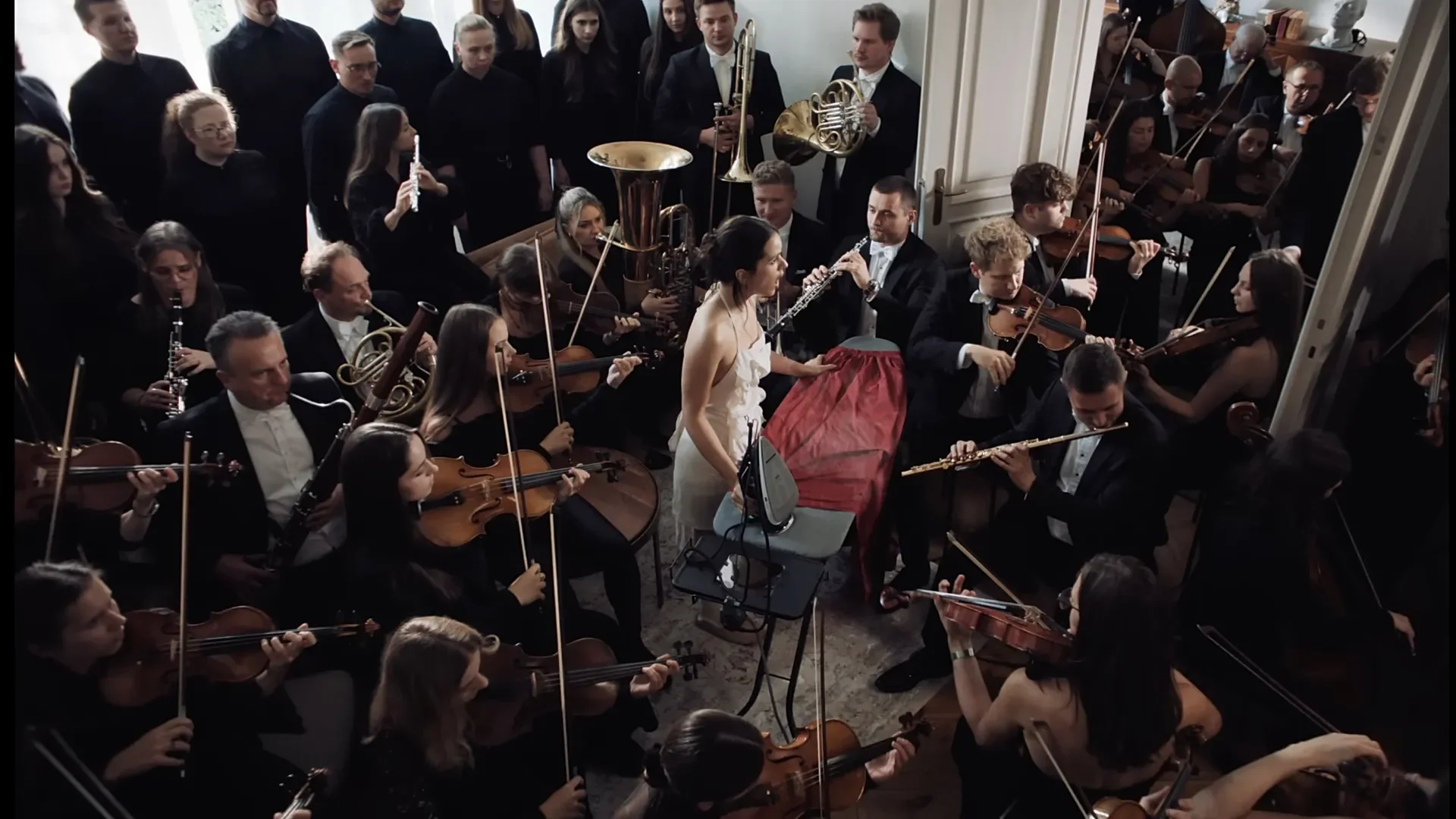
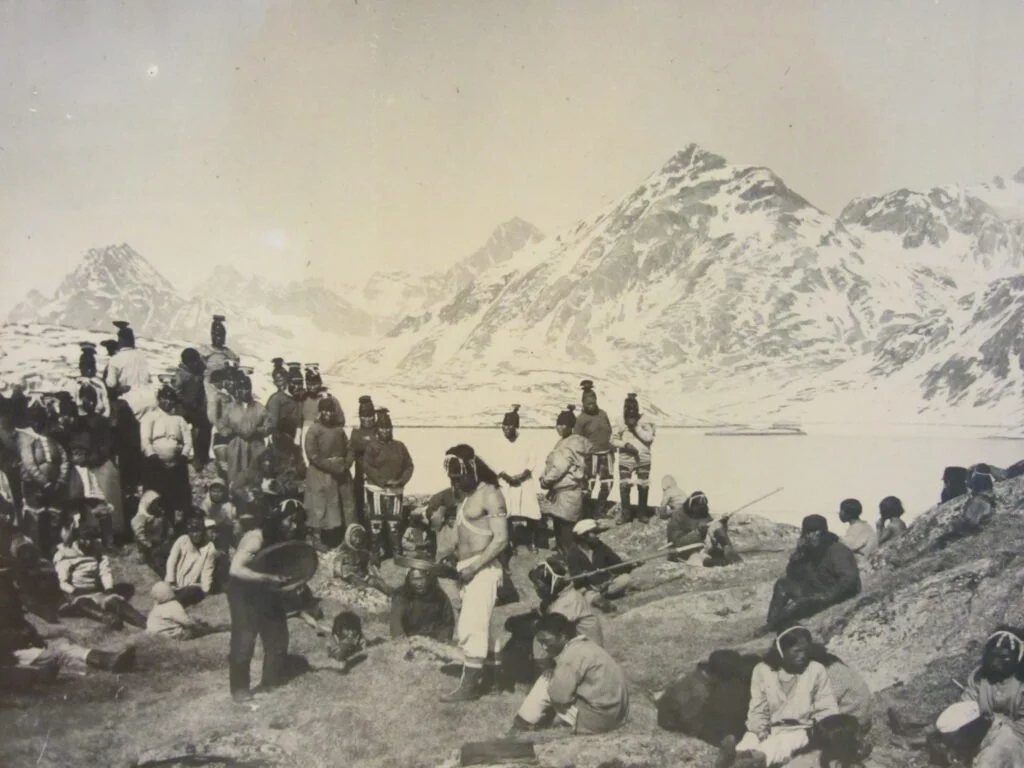
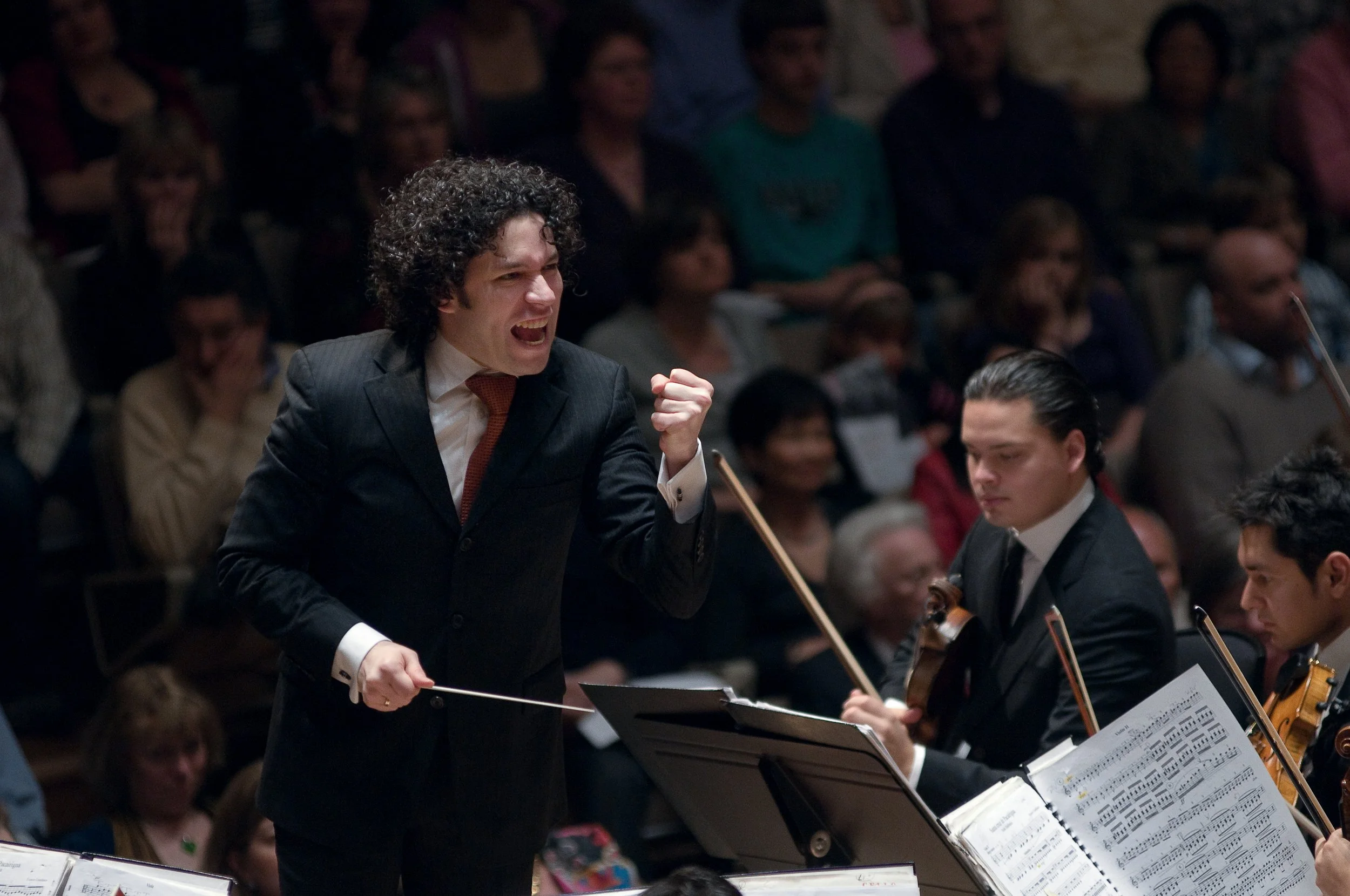
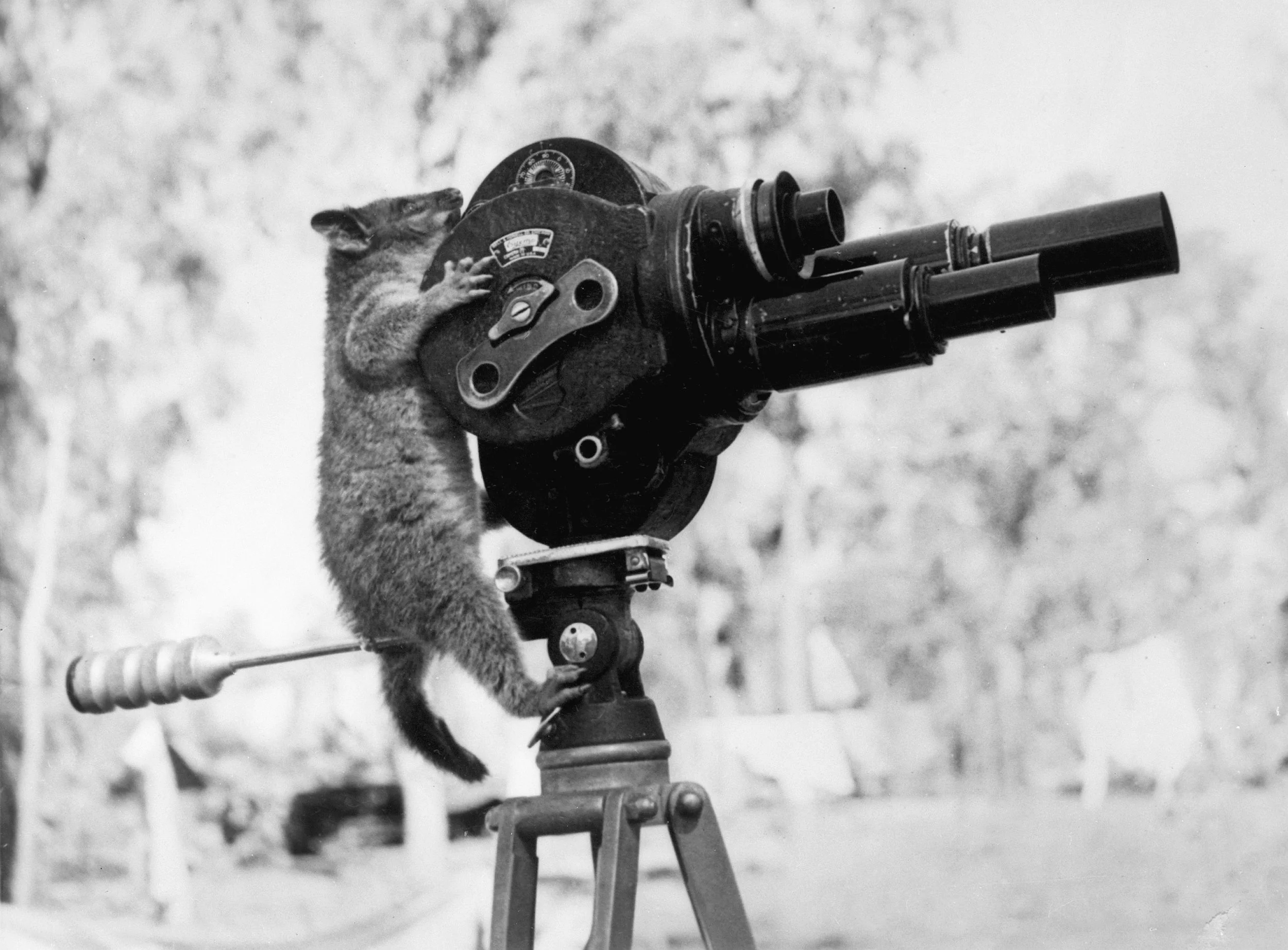
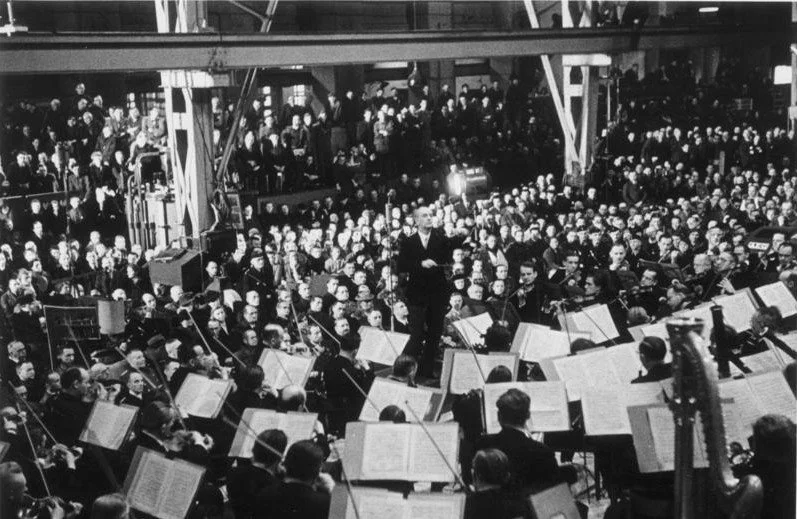







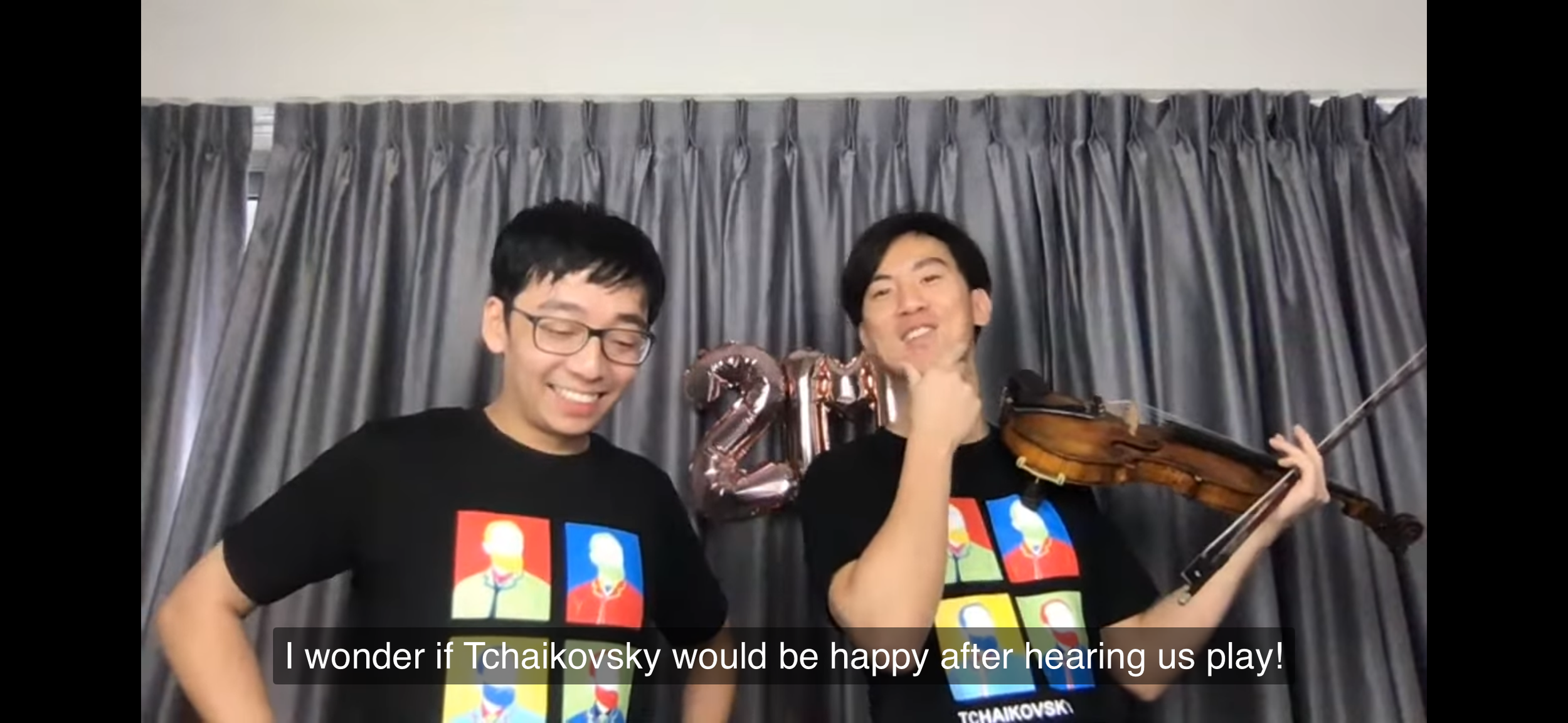





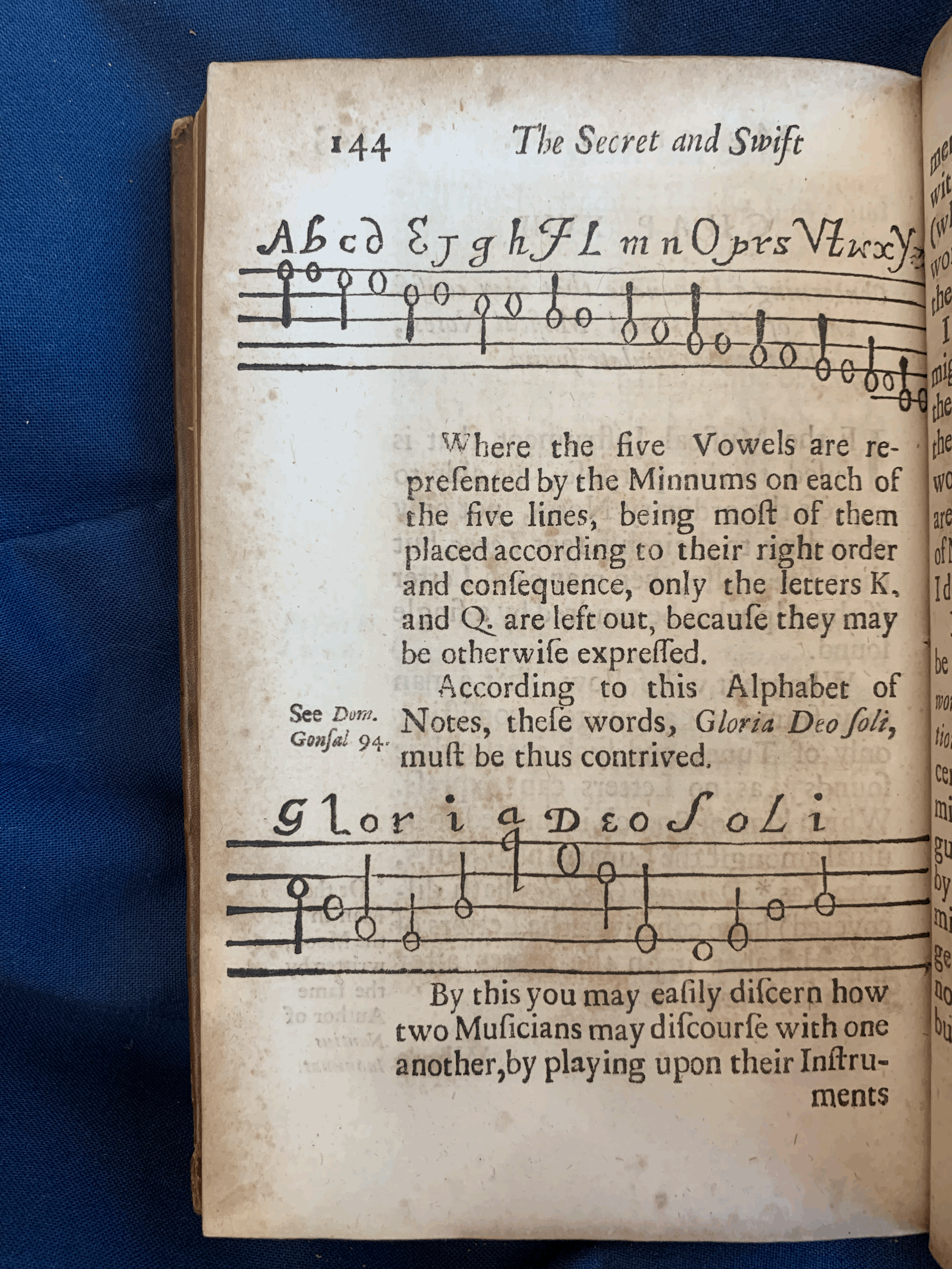








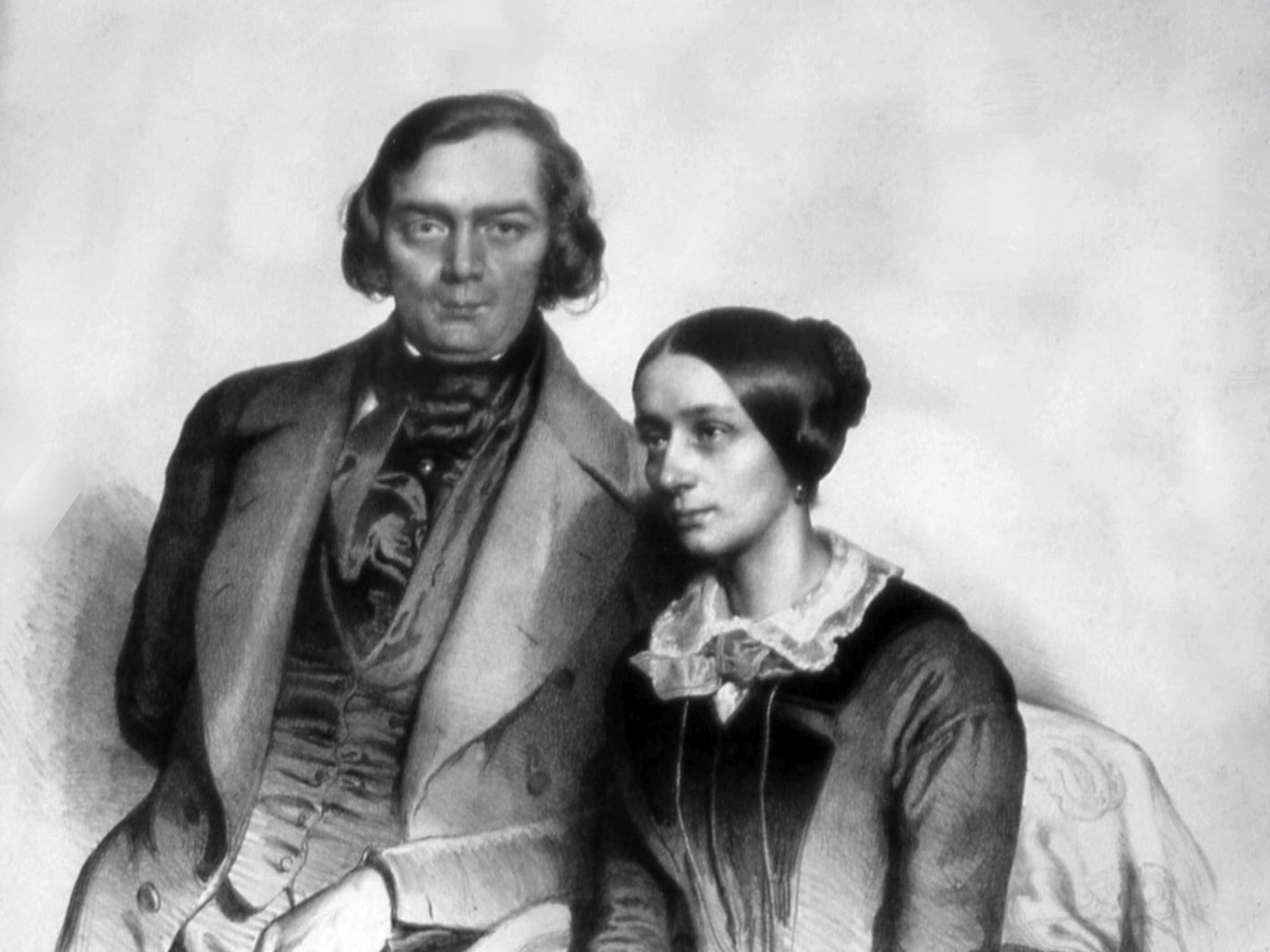

Is it possible to keep singing for peace in the Middle East? Find out about a very unique youth chorus in Jerusalem - where Israeli and Palestinian teens sing together, openly discuss the conflicted realities of their city, and form lifelong friendships.